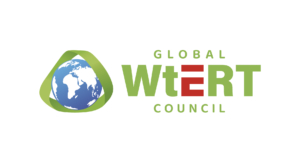Municipal Solid Waste Management Scenarios for Attica and Their Greenhouse Gas Emission Impact
October 16, 2009
By Asterios Papageorgiou, Avraam Karagiannidis, John R. Barton and Efstratios Kalogirou
Disposal of municipal solid waste in sanitary landfills is still the main waste management method in the Attica region, as in most regions of Greece. Nevertheless, diversion from landfilling is being promoted by regional plans, in which the perspectives of new waste treatment technologies are being evaluated. The present study aimed to assess the greenhouse gas (GHG) emissions impact of different municipal solid waste treatment technologies currently under assessment in the new regional plan for Attica. These technologies are mechanical—biological treatment, mass-burn incineration and mechanical treatment and have been assessed in the context of different scenarios. The present study utilized existing methodologies and emission factors for the quantification of GHG emissions from the waste management process and found that all technologies under assessment could provide GHG emission savings. However, the performance and ranking of these technologies is strongly dependent on the existence of end markets for the waste-derived fuels produced by the mechanical—biological treatment processes. In the absence of these markets the disposal of these fuels would be necessary and thus significant GHG savings would be lost.
